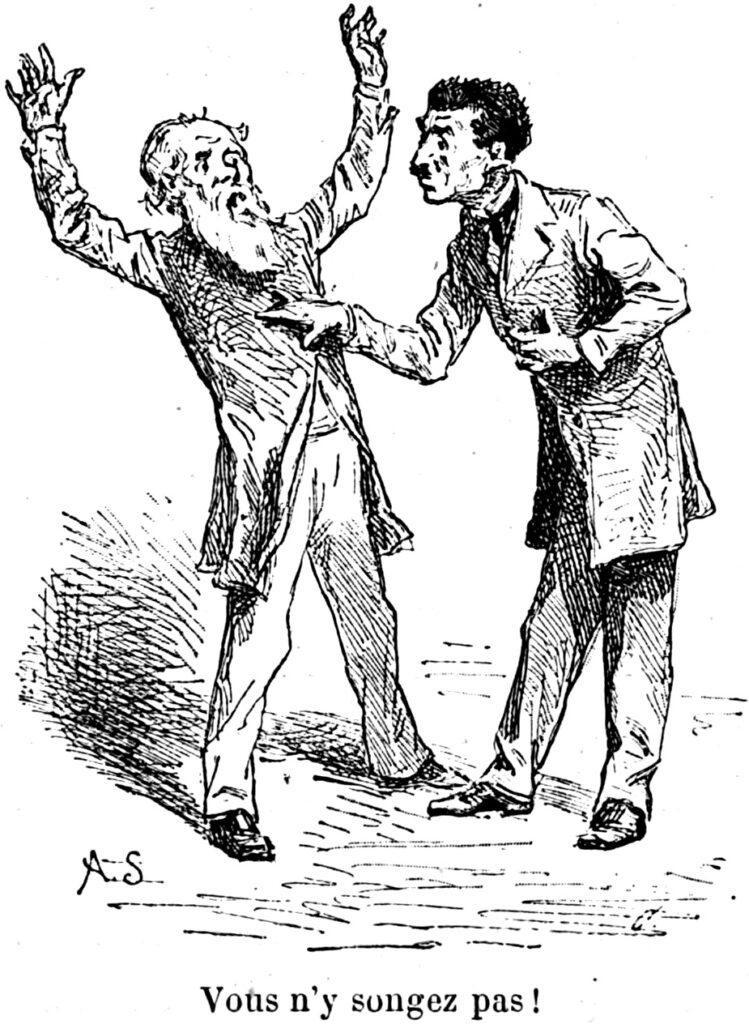Brand is all about you

The digital sun rises and sets on personal brand. How you are viewed comes complete with general assumptions and information filters, all mixed with experiences potential clients have had with similar brands. How you envision yourself is not always in line with the opinions held by the person across the table.
We like to think of ourselves as a vast and glorious combination of the unforeseeable factors that are unique to our life experience. We justify with optimistic recollection the “tough circumstances” have influenced our path making us who we are. Yet we frame those around us (even those with the exact same historical circumstances) as the logical result of the choices that they have made. As with most points of reality, truth is more universal than our minutely selfish view allows.
Conversely, it is beneficial to see the client as a vast combination of unique factors that have made them who they are. It doesn’t matter if those factors are results of past bad decisions or points of weakness. Those are the realities that you need to engage. You’re not there to fix your client—you’re there to do business. You’re there to sell. We only ever influence the areas we are given permission to affect. You have permission to do business.
Reality doesn’t matter—only your client’s perception of reality.
How they perceive you is their reality. Your ability to process who they are (their weaknesses and strengths) are nothing more than tools in your arsenal that help you understand… what is. Figure out who they are and how they see you in order to move forward with business.
In order to understand others, you must admit who you are. Know what you believe. Choose what you focus on. Change or enhance (when necessary) whatever state you’re in. Learn the process by which the internal movie of your outside reality is created, and focus on the only piece in that movie (the only part of the screenplay that you are truly in control of)… yourself.
If your internal or external dialog leading up to an appointment is, “This person is a pain in the butt”, or “I don’t want to deal with them. I can’t believe that they don’t do [this or that] to make their life better.”, you’re polluting the conversation with outside factors that have nothing to do with your purpose. These pollutants will do nothing besides cloud your mind. Simply adjust your focus to their perspective and you can engage them as they are. This creates one variable (the customer), rather than two.
You will be the one in control, because you’re the one who is flexible enough free yourself to engage them as they really are (even when they can’t see themselves).

Our subjective experience of the world has a structure, and how we think about something affects the translation through which we experience it. The meaning of conversation is the response you get.
One of the painful ironies of dealing with people is; in almost every conversation you can be sure that what you say is rarely (if ever) fully and clearly received, and what you understand is almost never exactly what was being communicated.
The solution to this puzzle is to have a firm grasp on yourself, because self is the only piece that you truly have control over.
We deceive ourselves when dealing with difficult (or even loved) people because we assume they will change once we share what we have in our mind—because they would see things just like us if they could only understand what we do.
All parties in a conversation are interpreting the communication simultaneously. Well developed skills will allow you to corral your translations in whatever direction is most beneficial to your desired outcome without requiring the impossible (to control others). It’s all completely within your control, because you are completely within your control.
